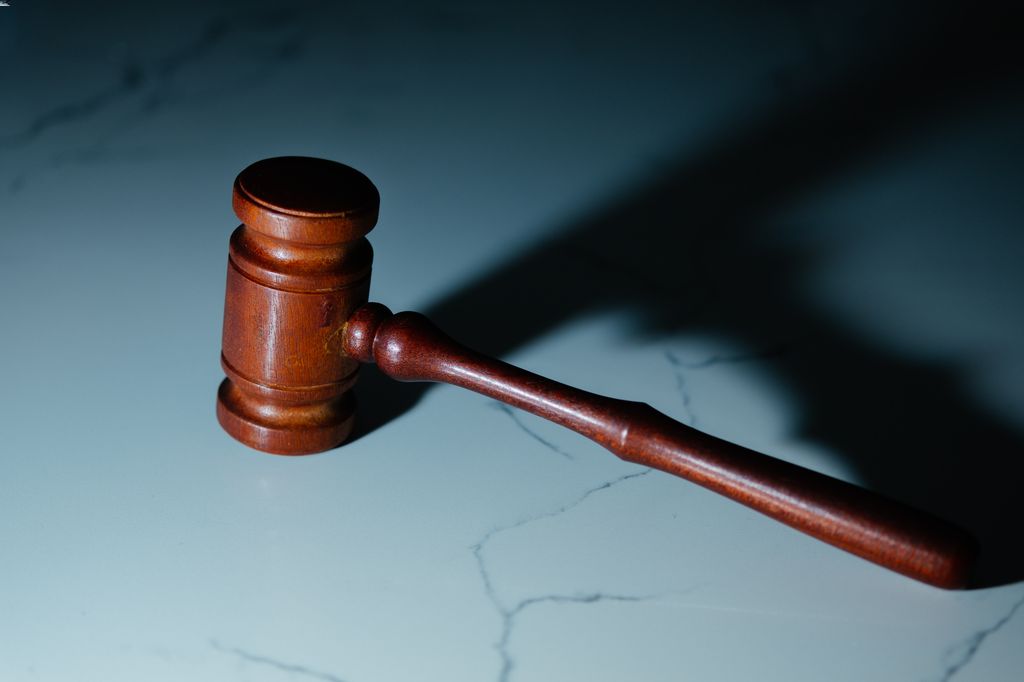
If you face a criminal charge in North Dakota, you will need a legal defense to combat the allegations. Which defense may be helpful depends on the facts and circumstances of your case.
There are generally two categories of defense: a legal defense and an affirmative defense.
If you want to learn more about other defenses and possible affirmative defenses, contact us at Arechigo & Stokka.
We are happy to answer your questions and discuss your case.
Categories of Defenses to Crimes
Defenses to criminal liability can be legal or affirmative defenses. A legal or factual defense asserts the alleged incident did not happen the way the state claims it did.
In other words, a legal defense is one that says the prosecution doesn’t have enough evidence to prove the crime charged.
On the other hand, affirmative defenses are not suggesting an incident did not happen.
Instead, affirmative defenses acknowledge that even though an incident may have occurred the way the state claims, you were justified in your actions and the situation warrants the dismissal of charges against the defendant.
Self-Defense
In North Dakota, a person is generally justified in using force upon another person to defend themselves against the danger of imminent unlawful bodily injury, sexual assault, or detention by another person.
Self-defense is a classic affirmative defense, meaning you must prove your actions were warranted.
Proving you acted in self-defense is more complex than it may sound.
Your attorney must prove you were justified in using the amount of force you did to protect yourself from imminent danger.
With an affirmative defense, the burden shifts to the defendant to prove the elements of the defense are satisfied.
Your lawyer can use various methods to establish a valid self-defense claim, including your testimony, eyewitness testimony, surveillance video, and forensic evidence.
Constitutional Violations
Constitutional violations are commonly asserted defenses in criminal trials. They are legal defenses to criminal liability.
If the police violated constitutional rights during the process of making an arrest, it might lead to the exclusion of evidence at trial and a dismissal of charges.
Without evidence, the prosecution will have a very hard time proving the elements of the crime charged.
Every defendant has the right to certain protections under the U.S. Constitution.
Some legal defense examples of constitutional violations include failure to read Miranda rights, illegal search and seizure, and failure to obtain a valid warrant.
Other common constitutional violations include obtaining a coerced confession and breaking the chain of custody on collected evidence.
A violation of a defendant’s constitutional rights can lead to the inadmissibility of evidence, a favorable plea bargain, or outright dismissal of the charges.
Our experienced criminal defense lawyers will look for constitutional violations in your case as they can make for a strong defense.
Other Defenses to Crimes
There are many other specific defenses, including:
- Necessity,
- Intoxication,
- Mistake,
- Protection of others, and
- Defense of property.
If you or someone you love was recently charged with a crime, it’s essential to establish possible defenses immediately after your arrest.
North Dakota Criminal Defense Attorneys
Whether you face a white-collar crime, violent offense, or drug charge, you need a rock-solid defense.
Your defense will be unique to the circumstances and should be tailored to your case.
At Arechigo & Stokka, our criminal defense team has decades of experience assisting clients in their defense of criminal liability.
We take the time to get to know our clients, review the evidence against them, and devise a strategic defense.
Contact us to schedule a free consultation.



